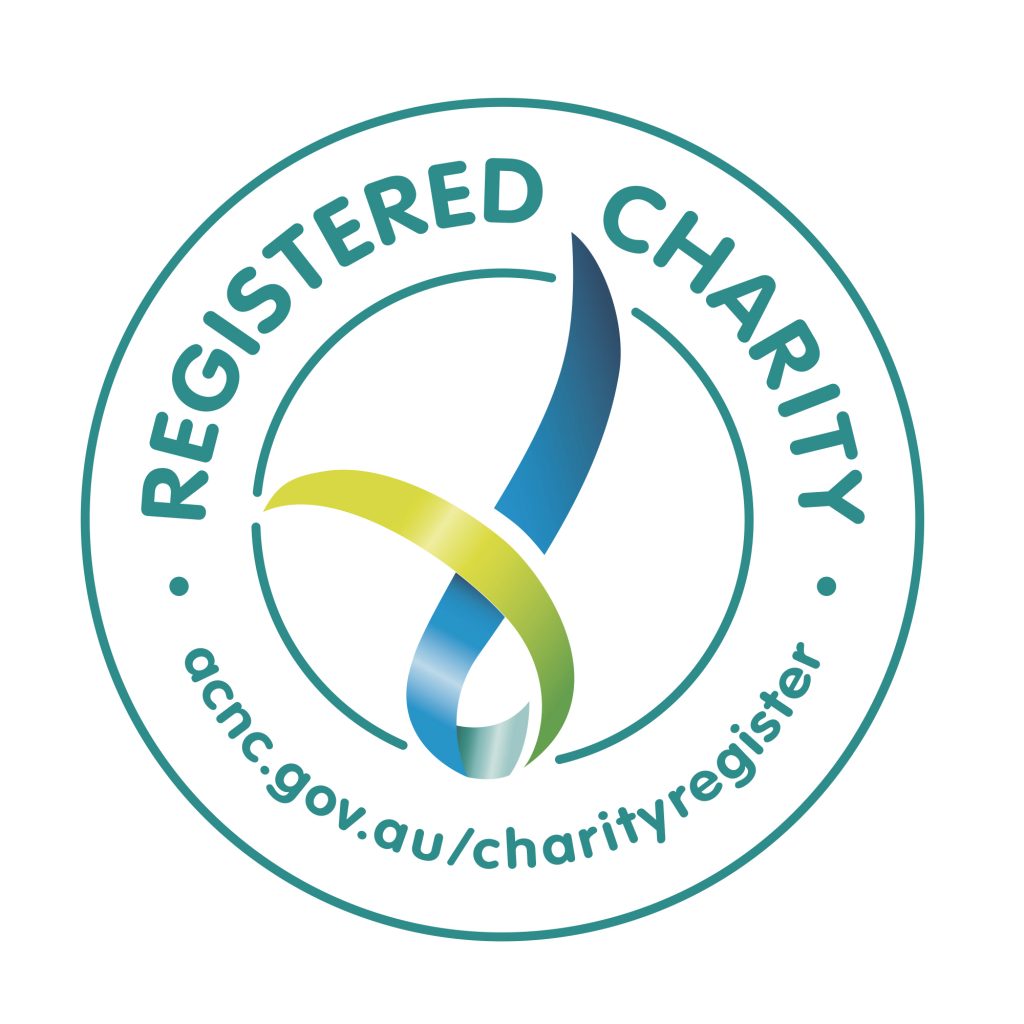On 27 July 2023, Dr Graeme Finlay gave another interview for the AIOCS Conversations series (for the first one, as well as for information about him, see this). The discussion, as shown in the video recording below, addresses the scientifically established “critical text” of our genome (23 volumes!!) and various ways of reading it, i.e., the history of our species it summarises. One such way of reading it is the faith-based, theological one, and Graeme points out the inseparability of theology and history. More specifically, theology should account for facts, including the history of our species written within our genome, indeed the “Primal Testament.”
Graeme proposes a way of reading the code, identifying seven essential points he, as a Christian and a scientist, finds in the “Primal Testament” of our genes. Here they are: first, as a God-inspired historical narrative of our evolution, the genome has authority and believers should be obedient to the data/”text,” even though this “Primal Testament” does not issue moral advice; second, the “text” informs us about our typically ape genome, which should determine us to embrace humility and to avoid the hubris that characterises many of us, self-styled “crown of creation”; third, related, read through Christian eyes, the genomic “text” reveals our weaknesses and need to develop compassion towards one another, including the less able among us; fourth, the “Primal Testament” invites us to live wisely; fifth, by accounting of a long history of evolution, it reminds us, again and again, that God works patiently (paraphrasing John Polkinghorne); sixth, the unfathomable eons of evolution and random events that led to us invite us to understand the value of providence active in history, without which randomness could not have led to us; seventh, this history, including God’s use of it, is particularistic, and so we should not seek general principles in it. Later in the conversation, Graeme added an eighth point, inspired by Francis Collins, namely, the genome is a source of worship.
The discussion then focused on possible applications of this lens to Genesis 2-3 and our sense of what does it mean to be human. Doru adds insights from his Orthodox and patristic background, showing that that particular Christian tradition possesses the required tools to engage and to appreciate the “Primal Testament.”
Here is the video recording of this conversation:
An erratum from Graeme: it’s not 23 volumes of genomic “text”; it’s 23 sets of volumes!! Here is the source of the information
27 July 2023 © AIOCS
The whole AIOCS Conversations series
AIOCS LTD is a not-for-profit charitable organisation that promotes the study of Orthodox Christianity, Eastern and Oriental, in Australia
For donations, please go to https://www.paypal.com/paypalme/aiocsnet or contact us at info@aiocs.net

